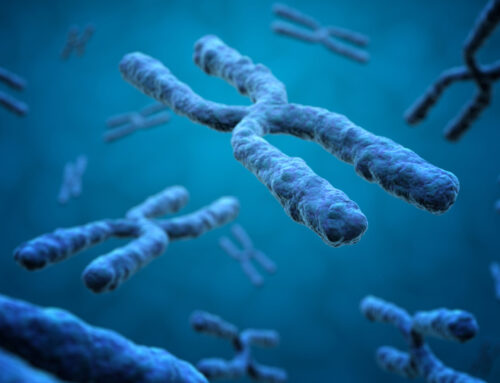Why hire a cancer biologist or molecular oncology specialist to assist with navigating your patient journey? Isn’t my oncologist enough?
That’s a great question—and one that many newly diagnosed patients (and their families) ask. While your oncologist is the central figure in your cancer care team, bringing a cancer biologist or molecular oncology specialist into your support system can offer unique, complementary advantages.
Here’s a breakdown to explain why hiring a cancer biologist or molecular oncology consultant can be a powerful addition to your journey—and how their role differs from (but supports) your oncologist.
What Is a Cancer Biologist or Molecular Oncology Specialist?
A cancer biologist or molecular oncology specialist is a scientist (often with a PhD) who deeply understands how cancer works at the genetic, molecular, and cellular levels. Their training is in research and discovery, not clinical care—but they are experts at:
- Interpreting biomarker and genetic test results
- Understanding tumor biology and drug mechanisms
- Staying up-to-date with the latest breakthroughs in cancer treatment
- Identifying clinical trials or emerging therapies
- Educating patients on why certain treatments work (or don’t)
Why Isn’t My Oncologist Enough?
Your oncologist is essential—they make diagnosis, prescribe treatment, and manage your care. But modern cancer care is evolving quickly. Molecular testing, personalized medicine, immunotherapy, and targeted therapies have added layers of complexity that even the best oncologists may not have time to deeply unpack.
Here’s where a cancer biologist can help fill the gaps:
| Oncologist | Cancer Biologist |
| Diagnoses and treats your cancer | Explains the science behind your diagnosis and treatments |
| Focuses on clinical care and managing side effects | Focuses on test interpretation, drug mechanisms, and trial matching |
| Sees many patients daily | Has time to give you deeper, personalized education |
| May not explain every biomarker result in depth | Can walk you through genetic results, variants, and what they mean for treatment |
| Often uses standard of care | Can help explore innovative options like off-label use, expanded access, or new trial data |
They work together, not in opposition.
When Might a Molecular Oncology Consultant Be Especially Helpful?
✅ You have a rare cancer or mutation, and want to explore targeted therapies or clinical trials.
✅ You’re overwhelmed by genetic or biomarker test results, and want someone to explain what they mean.
✅ You’ve exhausted standard treatments and want to explore cutting-edge or experimental options.
✅ You want a second opinion or extra set of expert eyes before starting or changing treatment.
✅ You want to be an empowered partner in your care, not just a passive recipient of treatment.
What Do They Actually Do for Me?
Here’s what a cancer biologist might do during your cancer journey:
- Explain your pathology, biomarker, or genomic reports
- Identify clinical trials that match your cancer type or mutations
- Research drug mechanisms and potential benefits/risks based on your cancer’s biology
- Help you prepare smart questions for your oncologist visits
- Support shared decision-making so you’re not navigating complex information alone
Final Thought: Your Care, Your Team
Your oncologist is essential. But cancer is complex—and knowledge is power. A cancer biologist brings scientific insight, time, and personalized guidance that can help you feel more confident and informed in your decisions.
Think of it like this: your oncologist is your captain, steering the ship. A molecular oncology specialist is your navigator, scanning the horizon, interpreting the map, and helping you make strategic course corrections when needed.




